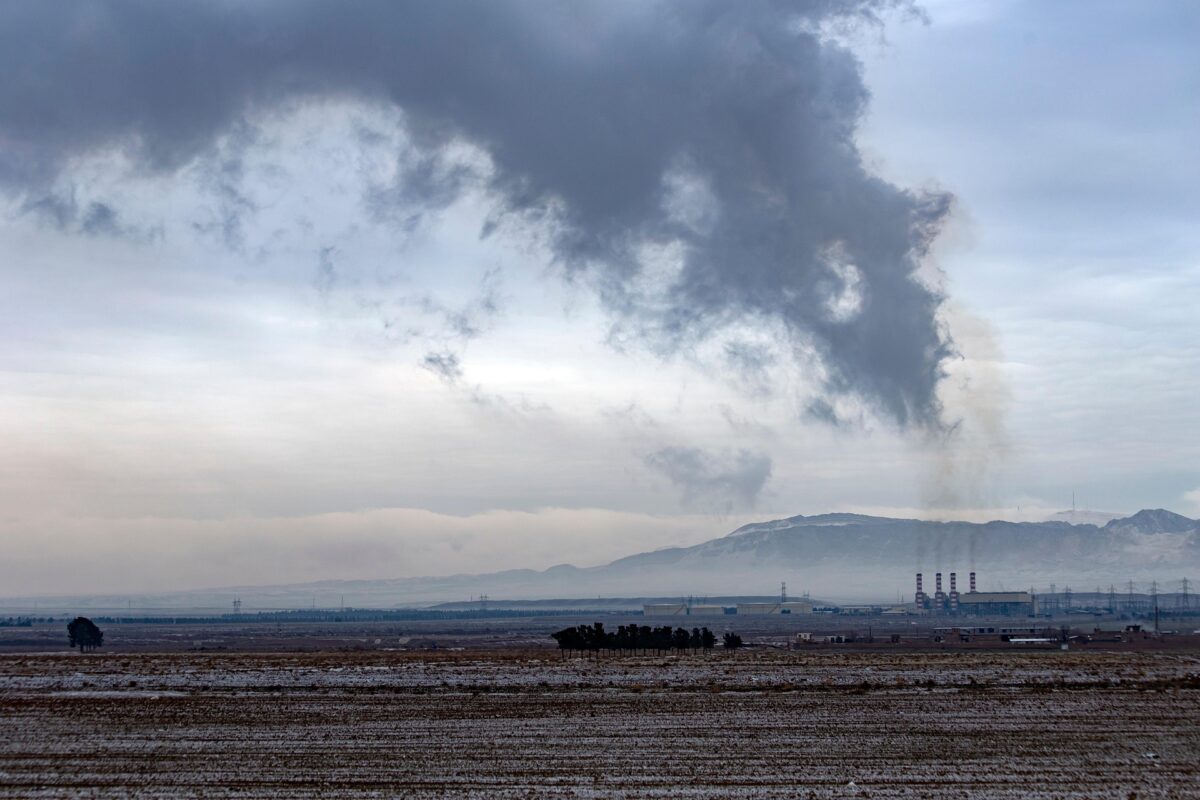
Blog
U.S. Sanctions on China’s Independent Refinery Over Iranian Oil

On March 20, the U.S. Department of the Treasury announced new sanctions targeting a private Chinese oil refinery for purchasing and processing Iranian crude oil. This move is part of Washington’s broader strategy to exert economic pressure on Iran and curb its nuclear development activities. The sanctions mark the first time the U.S. has targeted China’s so-called “teapot” refineries, small independent refineries primarily located in Shandong province.
Background of the Sanctions
The U.S. government has taken a bold step by sanctioning Shandong-based Luqing Petrochemical, which reportedly purchased around $500 million worth of Iranian crude oil. This isn’t just about one company—it’s about cutting off a major source of revenue that Iran relies on for its nuclear and military programs.
Think about it: oil is Iran’s economic backbone, and by stopping these transactions, the U.S. is trying to make it harder for Tehran to fund its controversial activities. Even Luqing Petrochemical’s CEO, Wang Xueqing, has been personally sanctioned, along with 12 other companies and 8 vessels suspected of transporting Iranian oil. The message is clear—Washington isn’t backing down.
U.S. Treasury Secretary Steven Mnuchin put it bluntly: “Teapot refiners play a significant role in sustaining Iran’s economy by providing revenue streams that fund its nuclear ambitions. The U.S. remains committed to cutting off Iran’s income sources and preventing its destabilizing activities.”

Washington’s Strategy Against Iran
So, why is the U.S. turning up the heat on Iran now? President Trump has been pushing his “maximum pressure” campaign, aiming to force Iran back into negotiations over its nuclear program. Just this month, he even sent a letter to Iran’s Supreme Leader, Ayatollah Ali Khamenei, urging diplomatic talks. But Iran isn’t budging. They’ve made it clear—they want the sanctions lifted before they even consider coming to the table.
And here’s where China comes in. Beijing has continued buying Iranian oil despite existing U.S. sanctions, often using tricky methods like ship-to-ship transfers to stay under the radar. By going after a Chinese refinery, Washington is sending a strong warning: trading with Iran comes with serious risks.

Taiwan’s Energy Move: Strengthening U.S. Ties with LNG Investment
As U.S.-China tensions heat up over Iranian oil, Taiwan is making some strategic energy moves of its own. On March 20, Taiwan’s Ministry of Economic Affairs announced that Taiwanese state-owned enterprises have signed an agreement with Alaska’s state-owned companies to purchase liquefied natural gas (LNG) and invest in development projects.
A Strategic Partnership for Energy Security
This deal isn’t just about energy—it’s about deepening Taiwan’s ties with the U.S. Former President Trump has been pushing for expanded LNG exports from Alaska, and Taiwan is stepping up as a key buyer. According to Taiwan’s government, this partnership will not only strengthen Taiwan-U.S. energy cooperation but also ensure a more stable and diversified energy supply.
At a reception hosted by American business groups, Taiwan’s President Lai Ching-te made it clear that this is just the beginning. “Taiwan is planning to expand procurement of industrial products, agricultural goods, and natural gas from the United States,” he stated. He emphasized that Alaska’s LNG is particularly attractive because it meets Taiwan’s growing energy needs while enhancing its economic security.

The Geopolitical Stakes: Taiwan’s Message to China
But let’s not forget the bigger picture. China has been ramping up pressure on Taiwan, and this LNG deal sends a strong message. By securing reliable energy from a close ally, Taiwan is reinforcing its global partnerships and strengthening its position on the world stage. And there’s another layer to this—closer economic ties with the U.S. could lead to stronger support in trade and security discussions.
Conclusion
The global economy is still heavily influenced by oil. Some countries experience economic growth because of it, while others fall into recession. And when war comes into play, human lives are at risk. On top of that, we cannot ignore the massive impact oil has on climate change. Given all these factors, it’s clear that oil holds immense power. That’s why former President Trump has put so much effort into maintaining and expanding influence in this sector.
When the economy is involved, businesses are inevitably affected. Companies today must consider climate impact, economic shifts, and social responsibility. At Carbon Da Capo, we support businesses that take these challenges seriously. Let’s work together to create a better world!

